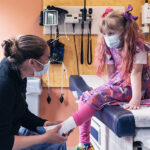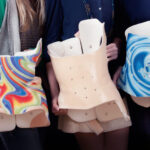If your child gets injured and you’re worried about COVID-19
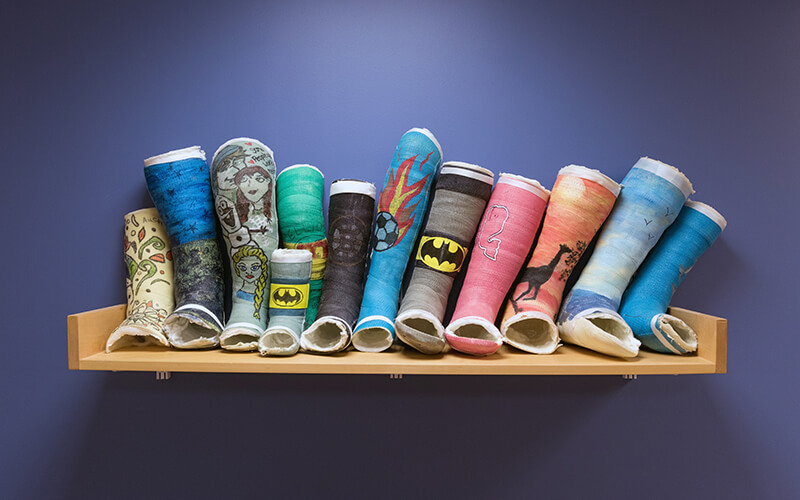
Kids will be kids, no matter what’s going on in the world. Sports injuries usually account for a large number of the conditions treated at Boston Children’s Hospital’s Orthopedic Urgent Care Clinic. “Despite the suspension of organized sports, we continue to see injuries that require urgent or acute care,” says Dr. Donald Bae, clinical chief of Orthopedic Surgery.
While COVID-19 may have changed the way kids are getting injured, it hasn’t changed the fact that they do. Unfortunately, fear of infection has made some parents think twice about seeking care for their children’s injuries. Dr. Bae hopes to reassure parents that the Orthopedic Urgent Care Clinic is a safe place for kids who get injured, even during the COVID-19 pandemic.
Why would a child need urgent orthopedic care?
While caution about COVID-19 is well-founded, some injuries require prompt care. Fractures are a prime example. “We like to set broken bones in the most appropriate position before they start to heal,” says Dr. Bae. Not only can timely treatment reduce a child’s pain, it can improve future mobility. Other injuries that call for timely treatment include ACL tears of the knee, labral tears of the shoulder, and ligament injuries in the fingers and thumb.
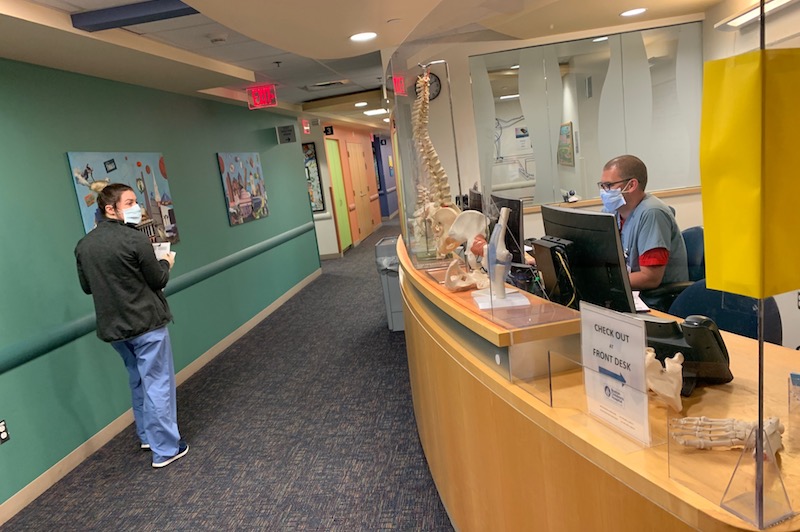
However, it’s not always clear if a child needs in-person care. One benefit of COVID-19 is that more people are using telemedicine. If a parent has questions over whether their child needs hands-on care, they can request a virtual visit. An orthopedic specialist can take a look at the injury and ask questions over videoconference. In some cases, the clinician will advise the parent to bring their child into the clinic for examination and treatment. In other cases, they may recommend care at home.
Signs an injury may require hands-on care
- your child acts differently hours after falling or getting injured
- they protect the injured area and avoid putting pressure on it
- they aren’t interested in activities they usually enjoy
What’s the difference between emergency care and orthopedic urgent care?
In comparison to an emergency department, clinicians at the Orthopedic Urgent Care Clinic specialize in orthopedics. They can diagnose and treat sprains, tears, and breaks, often on the same day the injury occurs.
“Orthopedic urgent care is designed to provide more direct access to orthopedic specialists without having to go through an emergency department or PCP’s office,” says Dr. Bae. “Appointments are scheduled in advance, so families don’t have to spend time in an ED waiting area.”
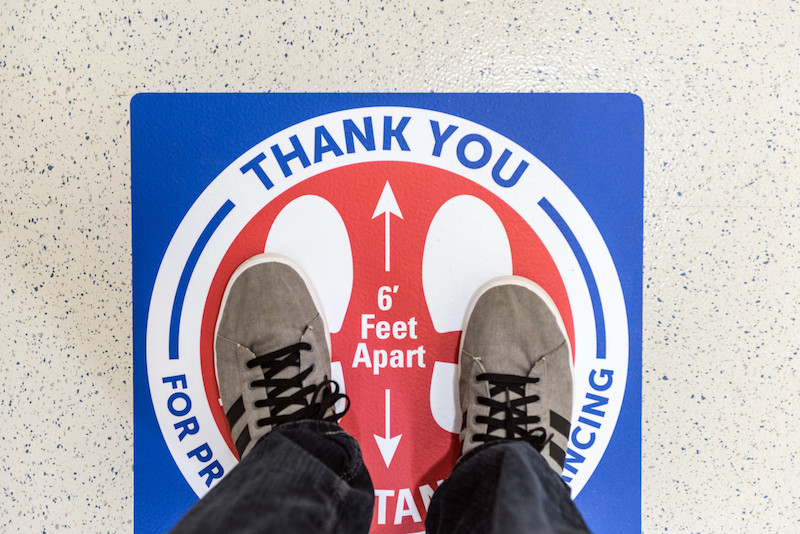
Safe and timely care
Changes at Boston Children’s, and the Orthopedic Urgent Care Clinic, protect patients, families, clinicians, and staff from COVID-19. These include plexiglass shields in key areas and stickers on floors to promote physical distancing. Everyone who enters a Boston Children’s facility is screened for possible COVID-19 infection. All adults and children older than 2 wear face masks. Clinicians and staff wash their hands repeatedly throughout the day, and visitors are reminded to do the same.
During visits, clinicians maintain physical distance as much as possible. However, physical exams and treatment often require some physical contact. “If you need to touch a patient, you need to touch the patient,” says Dr. Bae. But he adds that Boston Children’s is taking every precaution to maintain a safe environment. “We are keeping patients safe and maximizing their outcomes by delivering the care they need,” says Dr. Bae.
Related: Signs of diabetes and other medical emergencies: Don’t delay care during the COVID outbreak
Get more answers about Boston Children’s response to COVID-19 and learn about the Orthopedic Urgent Care Clinic.
Related Posts :
-

Questions to ask about your child’s orthopedic care
Maybe your child has an orthopedic injury and needs surgery, or maybe they need to be treated with a different ...
-

Engineered cartilage could turn the tide for patients with osteoarthritis
About one in seven adults live with degenerative joint disease, also known as osteoarthritis (OA). In recent years, as anterior ...
-

My story of bouncing back from osteochondritis dissecans
Injuries suck — no better way of putting it. The physical pain is terrible on its own, but emotionally they can ...
-

Predicting brace adherence could change the game in scoliosis treatment
When it comes to preventing scoliosis progression, is it possible to make bracing more effective? For decades, spine specialists focused ...


